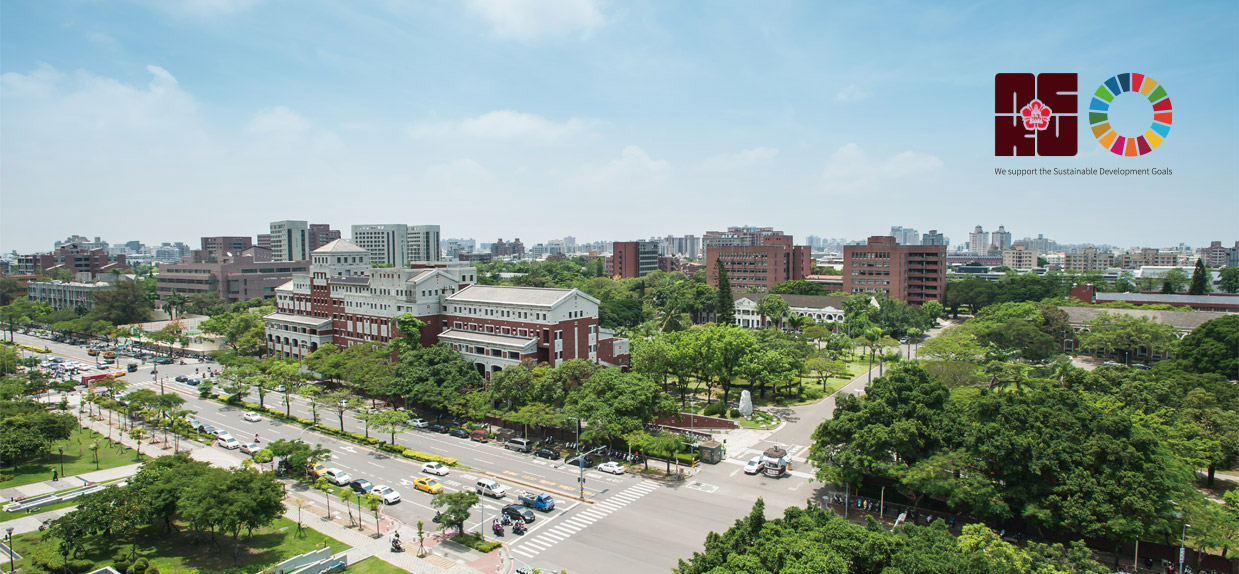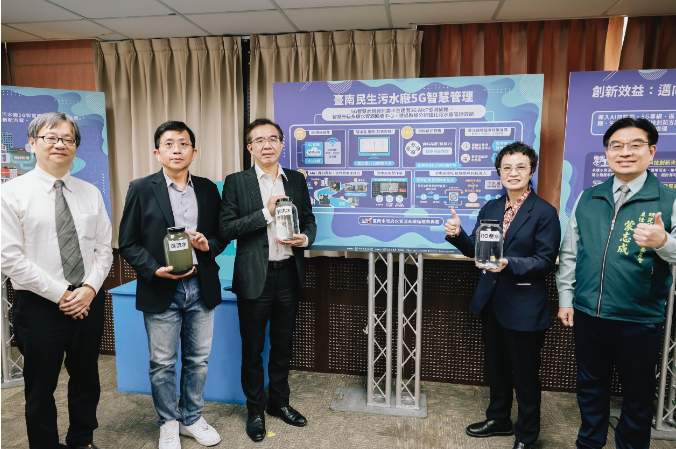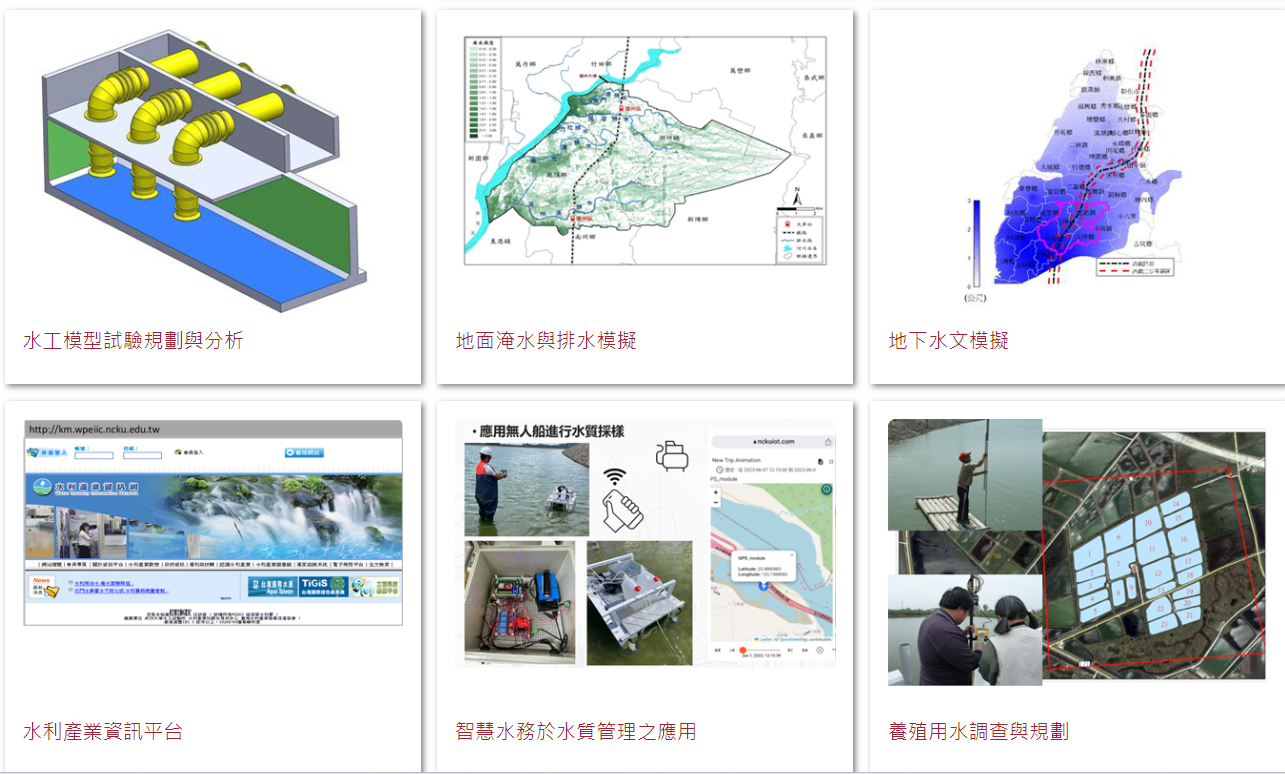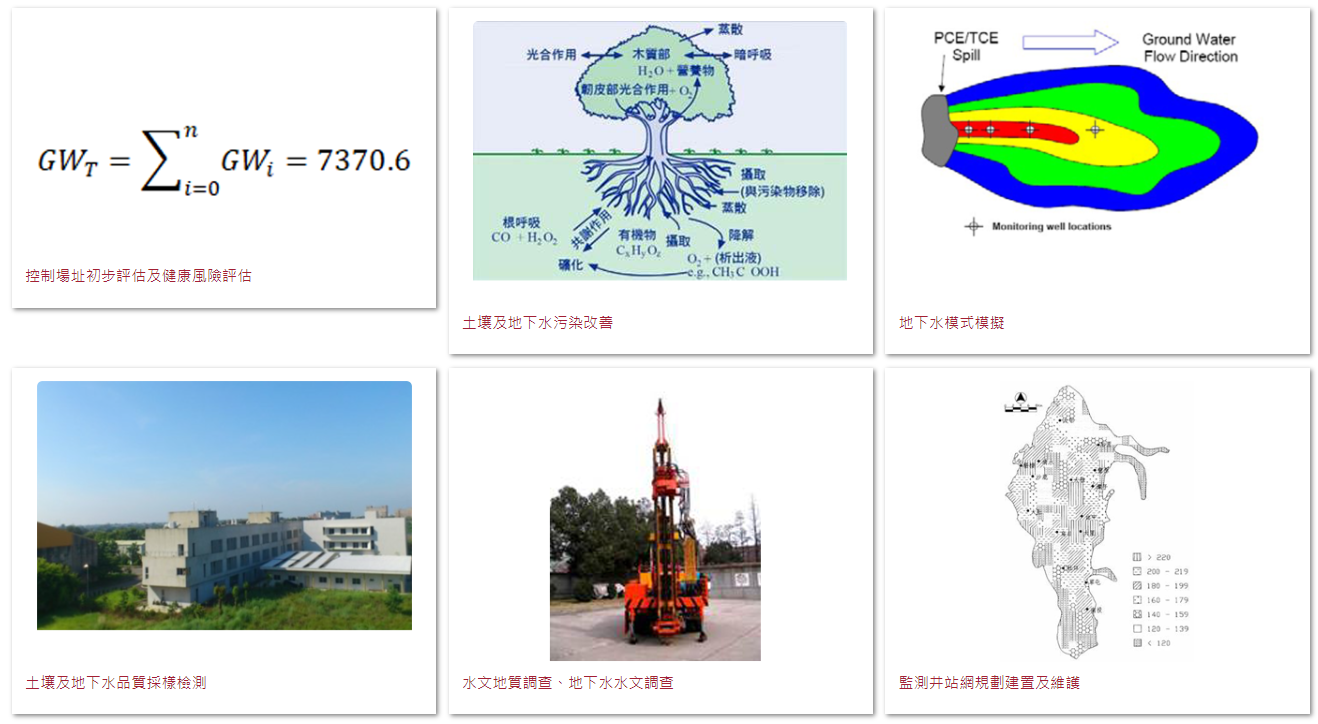National Cheng Kung University (NCKU) has long prioritized the sustainable use of soil and water resources and actively promotes international, interdisciplinary collaboration. Through platforms such as the International Workshop on Soil and Water Remediation and Resource Recycling and the International Conference on Sustainable Water Environment, NCKU brings together experts from across the Asia-Pacific region to discuss cutting-edge research and practical experience in water resource management, pollution prevention, and resource recycling. By integrating environmental monitoring and data analysis, the university seeks to minimize impacts on aquatic ecosystems and improve the efficiency and sustainability of environmental restoration efforts.
In collaboration with the Tainan City Government, the Department of Environmental Engineering at NCKU launched an innovative project to “convert wastewater into high-tech reusable water.” This initiative transforms domestic wastewater, which would otherwise burden the environment, into high-quality reclaimed water suitable for industrial use. The project highlights NCKU’s strong technical capabilities and its role in an effective industry–government–academia partnership. By studying methods of wastewater recycling and reuse, and applying smart water quality monitoring combined with AI-driven data processing, the project develops a more accurate and intelligent water quality management system.
NCKU’s Hydraulic Laboratory further strengthens the university’s leadership in water-related fields by implementing environmental monitoring programs, land subsidence prevention measures, and water resources management strategies. These efforts enhance the capacity for surface water analysis and prediction, forming a comprehensive R&D base for water resource applications. At the same time, NCKU emphasizes the importance of soil and groundwater protection, recognizing them as the final receptors of many pollutants and often difficult to detect in the early stages. Since the implementation of Taiwan’s Soil and Groundwater Pollution Remediation Act in 2000, systematic monitoring has enabled the identification of suspected pollution, investigation of its sources and extent, and timely remediation. Early detection and treatment not only reduce remediation costs but also help secure a sustainable living environment for future generations.







